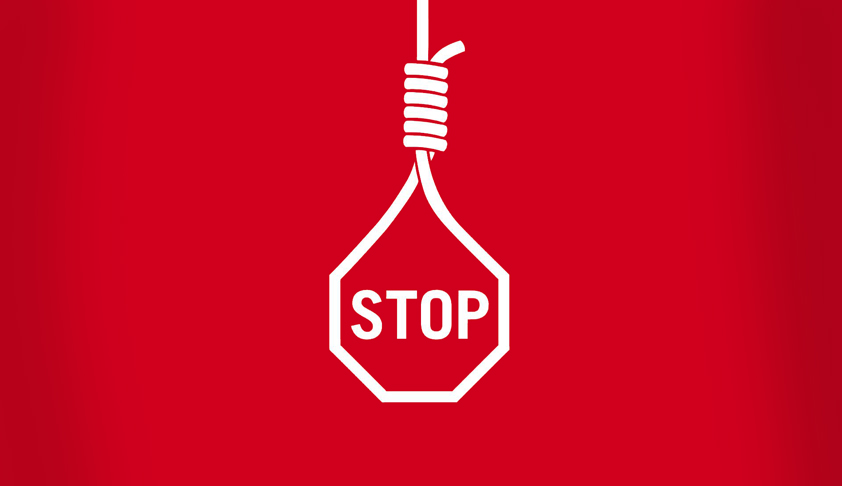Law Commission of India to submit its report on death penalty next week
Apoorva Mandhani
23 Aug 2015 1:25 PM IST

Next Story
23 Aug 2015 1:25 PM IST
The Law Commission of India is set to submit its report on the much debated subject of continuance of awarding death penalty in India. The report assumes significance in the wake of the debate that was ignited with the hanging of the lone death row convict in the 1993 Mumbai bomb blasts case, Yakub Abdul Razzak Memon. Memon was hanged to death in the Nagpur Central Prison, on his...
